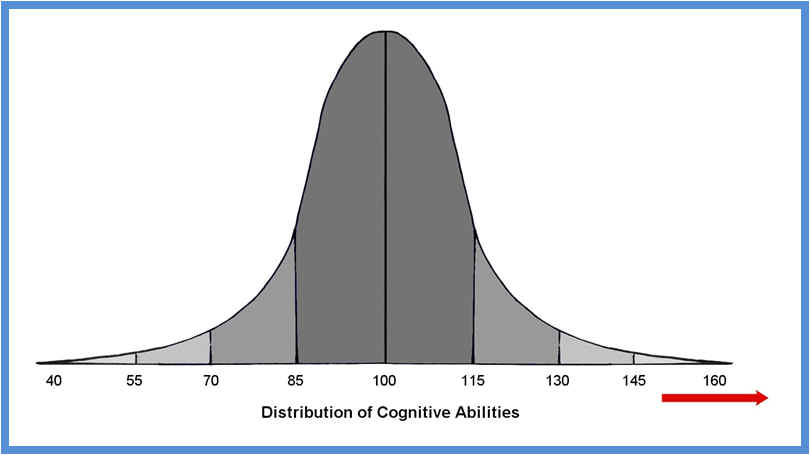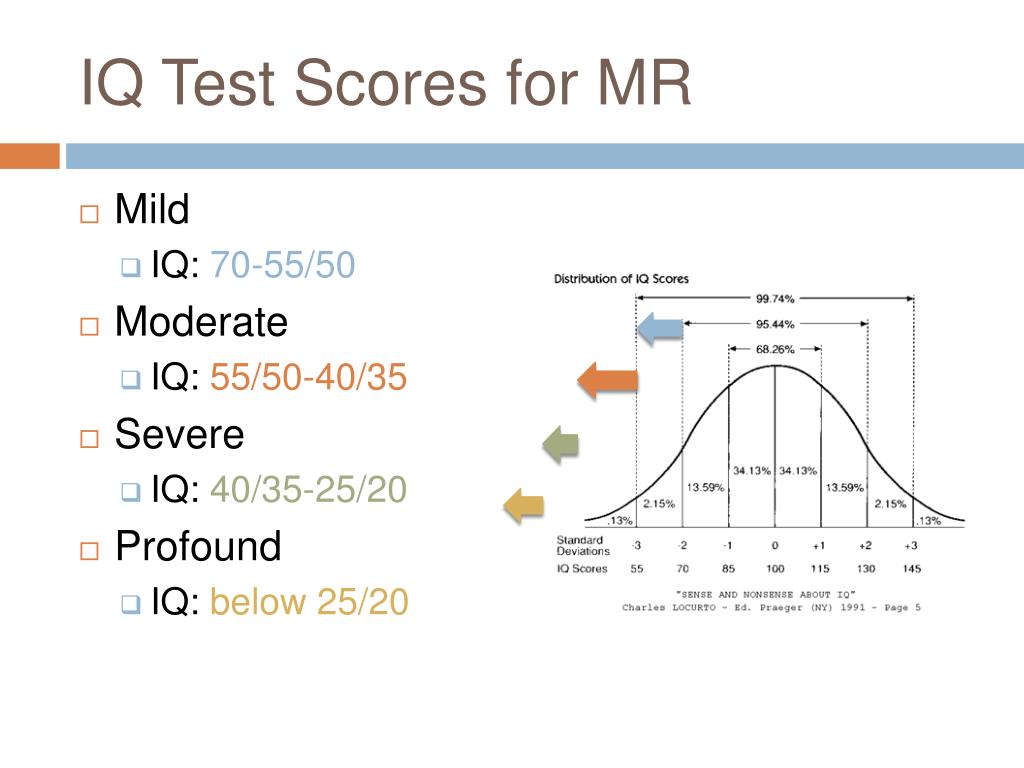

Other factors such as academic achievement, creativity, and talent in specific areas may also be taken into consideration. It is important to note that IQ is not the only factor that determines admission to gifted programs. This score represents the top 2.5% of the population and is often used as a benchmark for admission to gifted programs. However, it is generally accepted that an IQ score of 130 or above identifies individuals who possess exceptional abilities in one or more areas. The minimum IQ for gifted programs varies depending on the school district and the type of program they offer. What is the minimum IQ for gifted program? Rather, giftedness should be assessed through a comprehensive evaluation, including multiple criteria, such as IQ tests, achievement tests, ratings by teachers and parents, portfolio assessments, and observations of exceptional performance or behavior.īy using multiple criteria, educators and psychologists can identify and support the unique talents and strengths of gifted students and provide them with appropriate educational opportunities and challenges. Therefore, a gifted student’s IQ may vary depending on the individual’s cognitive, creative, and other abilities, and it is not appropriate to generalize a particular IQ score for all gifted students. Moreover, different types of giftedness may require different sets of skills or cognitive profiles, and IQ scores may not capture all forms of giftedness. However, IQ scores alone cannot determine the giftedness of a student, as many other factors contribute to giftedness, such as creativity, drive, persistence, and social skills. While IQ tests primarily focus on measuring cognitive abilities such as memory, attention, problem-solving, and reasoning skills, giftedness encompasses a much broader range of abilities and traits beyond IQ scores.Īs per the common practice, an IQ score of 130 or above is generally considered exceptionally high, which places an individual in the top 2% of the population. Giftedness refers to exceptional abilities, talents, and potential in any area or combination of areas, including intellectual, creative, artistic, leadership, and athletic fields. IQ tests are only one of many methods used to identify giftedness, and high IQ scores alone do not necessarily indicate giftedness. There is no one-size-fits-all answer to the question of what the IQ of a gifted student is because giftedness is not solely determined by IQ scores. Can a child’s IQ test be wrong? What is the IQ of a gifted student?.Why highly gifted learners sometimes underperform?.Is it possible for gifted students to perform poorly on IQ tests?.What is the minimum IQ for gifted program?.Instead, holistic and comprehensive assessments that consider multiple domains of giftedness are necessary to accurately identify gifted individuals. Gifted individuals demonstrate exceptional ability and talent in a wide range of domains, and IQ tests alone cannot capture this complexity. Overall, while high IQ may be a common characteristic of giftedness, it’s not the only factor. Therefore, labeling a student as gifted solely based on their IQ score is not appropriate. Some may even have learning disabilities or attention deficits that interfere with traditional academic success, but still demonstrate giftedness in non-academic domains. Moreover, some gifted individuals may not score exceptionally high on IQ tests but still demonstrate exceptional talent in a particular area of interest. Therefore, while high IQ is a common characteristic of giftedness, it’s not the only factor that determines it. These abilities often go beyond what IQ tests measure. Gifted students may excel in areas such as creative thinking, leadership skills, spatial reasoning, artistic ability, or emotional intelligence. Giftedness encompasses a wider range of abilities and talents that go beyond just academic performance or intelligence.

While IQ tests are often used to identify gifted individuals, IQ alone does not provide a complete picture of giftedness. The concept of giftedness is not solely measured by intelligence quotient (IQ).


 0 kommentar(er)
0 kommentar(er)
